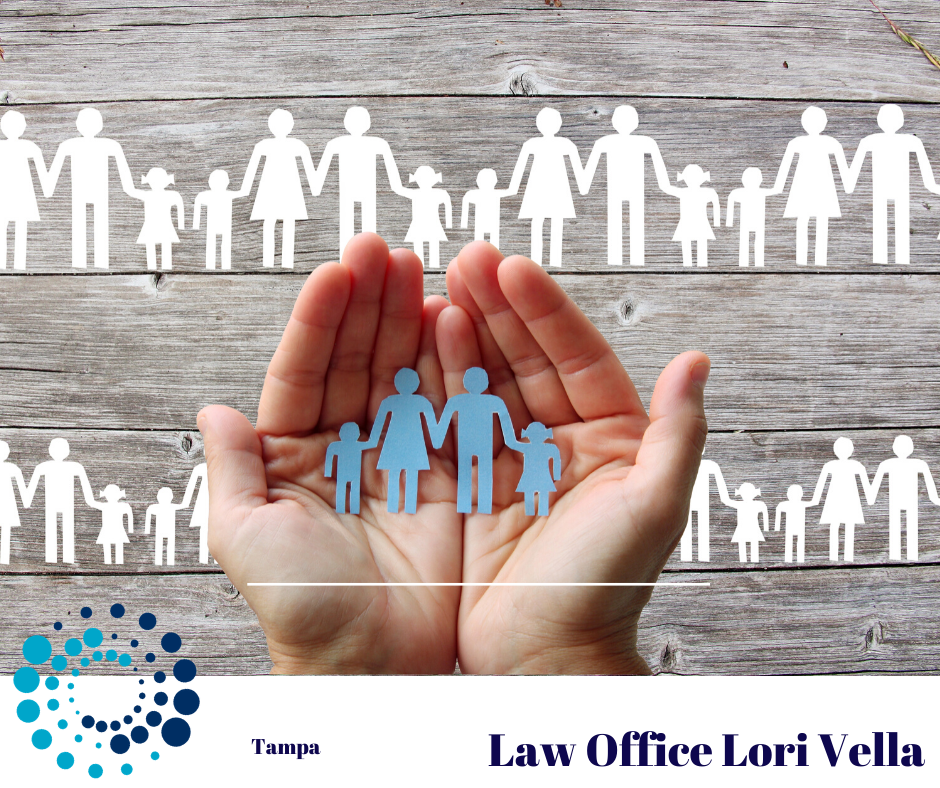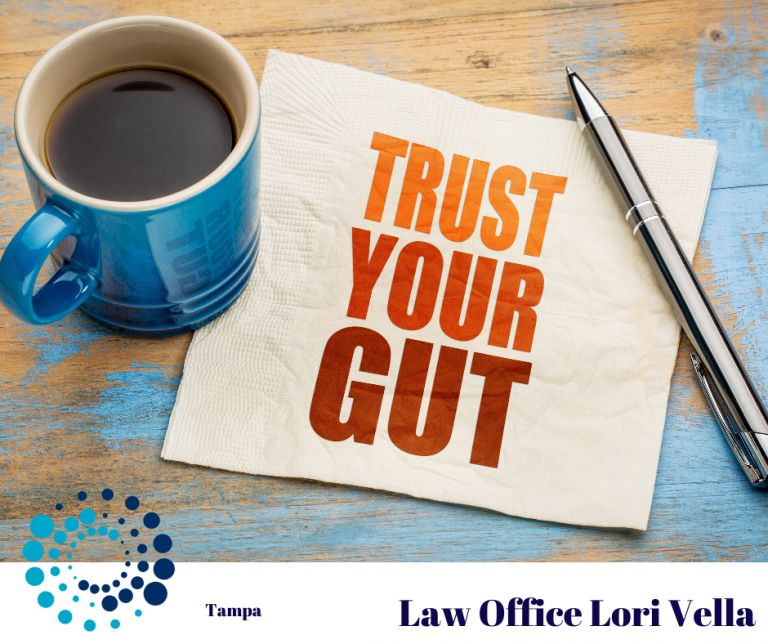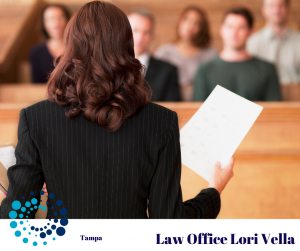Common Estate Planning Terms
Table of Contents
What is your Estate for Estate Planning purposes?
The most common estate planning term is the “estate.” Many of my clients believe they have no “estate” as it sounds like such a fancy word. But, most people typically have some type of property or assets.
The first step in estate planning is determining the “estate.” To accomplish this, you need to compile financial and personal information. This gives you the chance to review records, gather documents, review life insurance and retirement plan designations, and do much of the groundwork before our first meeting. Contact us for a free 10 minute consultation to get started.
What are the Liabilities of the Estate?
Mortgages, promissory note, debts, bills, etc.
Why do we need Estate Planning?

The reasons why you want to put future planning into place will differ from others. Think about your future and contemplate what concerns you have or what you want to avoid. Maybe you want to plan for a future disability. You may also want to avoid probate, or you have children to protect.
One important reason is to avoid others “cleaning up your mess.” It is absolutely no fun to have to go through a relatives belongings, trying to find necessary paperwork to open the probate. I provide a free Estate Plan Organizer to all of my clients. Contact us to get started.
What does “Intestate” Mean?
Intestate means a person dies without a Will in place. If this happens, your assets will go to your relatives under “intestate succession” laws. However, the Probate Court must first find the heirs. It may have to hire a person that specializes in creating family trees and finding heirs.
Once identified as heirs, the assets are distributed according to law in a predefined order (spouse, children, parents, siblings, etc.), after payment of the debts.
What is a Decedent for Estate Planning?
A decedent is a term used for a deceased person.
What is Federal Estate Tax, Gross Estate and the Taxable Estate?
The federal estate tax is a tax on your right to transfer property at your death. It affects very few people; possibly 2 out of every 1,000 each year. After an accounting of all that you own (cash, securities, real estate, insurance, trusts, annuities, business interests), the fair market value determines their value, resulting in the “gross estate.”
Once you reach this figure, you may apply deductions to arrive at your “taxable estate.” These deductions may include mortgages and other debts, estate administration expenses, property passing to surviving spouses and other charities. After the net is computed, the value of lifetime taxable gifts is added to the number and the final tax is computed.
Most simple estates do not need to file estate tax returns. Further, the federal estate tax exemption is very high (11, 400, 000 in 2019). The exemption is the amount an individual can leave to heirs without paying the federal estate tax. It is structured as a credit as opposed to a simple reduction in the taxable value of the estate. Florida has no estate tax.
What is the Federal Annual Gift-tax Exclusion?
In 2023, the annual gift tax exclusion is $17,000. You can give a $17,000 gift every year to as many people as you’d like. If you are married, you can give $34,000 per married couple. If you plan ahead and start distributing your estate, you can give a lot of money away tax-free.
What is Florida Homestead Property?
To qualify as homestead, at the time of the decedent’s death, the following must apply:
1) property owned by the decedent;
2) decedent must be a Florida resident;
3) must be the residence of decedent or his family; and
4) compliance with the size and contiguity requirements of the Florida Constitution.

Significance of Homestead Protection in Estate Planning
The homestead protection:
a) allows a Florida resident to keep his or her home even if this person declares bankruptcy;
b) provides a tax exemption; and
c) places various restrictions on an attempted devise of the homestead when the person who died has a surviving spouse and/or minor children.
Remember, that you must elect homestead status. Check with your county for the specific process.
What is Florida’s Elective Share?
Florida statutes protect the surviving spouse by allowing him/her to elect a 30% interest in the elective estate. He/she maintains a right to share in the “elective estate.” The value of the elective estate calculation is based upon the probate estate, property passing by survivorship, fractional interests in property, revocable or discretionary trusts, cash surrender value of life insurance, retirement plans and transfer within a year of death.
In short, the spouse may “elect” to receive the 30% instead of the terms of a Will. Keep in mind that the elective share is a floor, not a ceiling. That means that the surviving spouse does not have to choose one or the other.
Consider the use of premarital and postmarital agreements to accomplish your estate planning goals in light of the statutory elective share.
What is the Federal Marital Deduction?
A married individual can give an unlimited amount of assets to his or her spouse without federal gift or estate taxes being imposed. This applies to U.S. Citizens only.
What is a Revocable Trust?
In estate planning, many potential clients ask about Revocable Trusts. Few understand them.
It helps to picture the following. Imagine a treasure chest where you put your valued possessions. You can open the treasure chest and take out the items whenever you want. That is a revocable trust. (You actually transfer title of your property to the name of the trust, but the “treasure chest” example helps some to understand).
After the maker of the trust dies, the trust becomes irrevocable. Importantly, revocable trusts do not protect assets. Learn more about Trusts. Some even argue that placing a protected homestead property into the trust would remove its homestead protection against creditors.
Who is the Trustee?

The trustee acts as the legal owner of the trusts assets. This person/corporation may be the same person who makes the trust, a friend/family member, or a professional or institutional trustee.
You would also name a “successor trustee” to account for when the original trustees are deceased or no longer able to serve. Choose a person with a good “financial head” on their shoulders. It is not an easy job.
Does my business pass through probate?
Yes, all assets are generally probated unless you make other provisions. To avoid probate, businesses with co-owners should consider forming agreements outlining the rights and responsibilities of its members in the event of death. For instance, upon the death of any owner, the other owners automatically purchase that interest.
You may also create a succession plan which addresses the transfer of the management/business ownership. The use of trusts may be employed to transfer assets to your children. Another option is to form a family limited partnership or family LLC, if the businesses own a lot of real estate.
If you are a sole proprietor, the business cannot continue in its existing form without you. The business owner needs an action plan for after death that includes naming someone to receive the assets to start a new business, directions to wind down the business, or doing the research in advance to help heirs sell the business.
Death of a member of an LLC should be outlined via an operating agreement, and specific designations made through a Will or trust. Contact me to draft your operating agreement.
If I own property or accounts with another, what type of ownership do we have?
There are several ways to jointly own property in Florida. A joint tenancy with rights of survivorship is very common. This type of ownership avoids probate as the property (real estate, bank accounts) simply transfers to the other joint tenant. Be aware that creditors for one joint tenant may make legal claims against the property. A tenancy in common is when each joint owner has the right to sell, lease or bequeath their interest in the property to his or her legal heirs. Under a tenancy by the entirety, the property is equally held in the name of both husband and wife. When one spouse dies, his or her share is distributed to the other spouse. This type of ownership provides asset protection. Corporations, LLC’s, partnerships or land trusts may also own properties. Read more about Joint Ownership.
What other professionals should I consult?
As part of the family wealth planning team, it is recommended that you consult with an accountant, financial planner and life insurance representative. In some situations, it may be necessary to meet with a business attorney or real estate attorney. You may also want to speak to your bank about acting as a corporate trustee or successor trustee, offering investment advisory services or estate settlement services. Have your professionals work together as a team for you!
What if I die without a Last Will?
According to Florida Statute. Keep in mind other costs exist such as filing fees, convenience fees when filing online, service and publication fees.
- Portion to Surviving Spouse
- Remainder to your kids, or grandkids
- Parents
- Brothers and sisters
- Half each to paternal/maternal grandparents
- Equally to the uncles/aunts and descendants of them
- Any other kindred alive
- Family of your last deceased spouse.
How much does Probate cost in Florida?
- $1,500 for estates having a value of $40,000 or less.
- $2,250 for estates having a value of more than $40,000 and not exceeding $70,000.
- $3,000 for estates having a value of more than $70,000 and not exceeding $100,000.
- For estates having a value in excess of $100,000, $3,000 plus 3%
- $30k plus 2.5%-$1 million estate and not exceeding $3 million.
- $50k plus 2 percent for all above $3 million estate and not exceeding $5 million.
- $90k plus 1.5 percent for all above $5 million estate and not exceeding $10 million.
- $165k plus 1 percent for all above $10 million estate. Read more about probate.
How do I avoid Probate costs with estate planning?

A Revocable Trust avoids some probate costs. Attorneys typically charge more to draft trusts, but when compared to the probate fees, you ultimately save money. Other benefits exist as well. Some deeds may also avoid probate, as well as joint ownership of property. Read about Lady Bird Deeds.
How does the Court obtain my Last Will after I die?
The custodian of the Will must submit it to the Court 10 days after receiving information of your death. That is why it is important to leave instructions, or a legacy drawer. Check your particular Court’s instructions and follow those.
Disclaimer: The Law Office of Lori Vella’s website contains general information directed to Florida residents. This firm does not intend to give legal advice through its pages and/or blog. If you need legal advice, we encourage you to find an attorney licensed in your state. This language on this website website does not create an attorney-client relationship between you and this firm. Review our legal disclaimer page.
